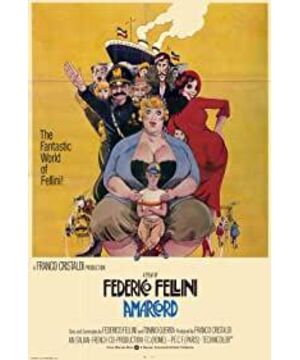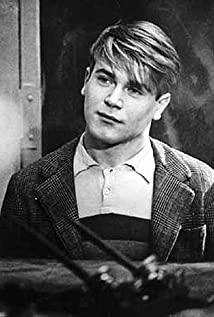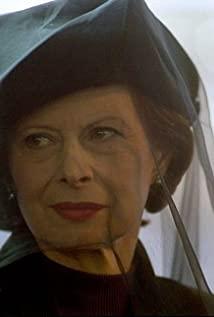Reminds me of Paradise Cinema. The same Italian town, the same youth, the boys with lustful desires, the sexually enlightened women with big breasts and buttocks. The family comedy contains warmth. The death of the mother brings the end of an era, but the change of spring and winter is correct, and the years are staged in turn. Similar to the lonely madman on the square in Paradise Cinema, there is also a female madman who runs through the whole film in Amakord. She seems to be full of desires like a prostitute who has lost her mind, but she has to admit that she is beautiful and moving. , so what she symbolizes is what Fellini wants to express? I don't understand this.
View more about Amarcord reviews










